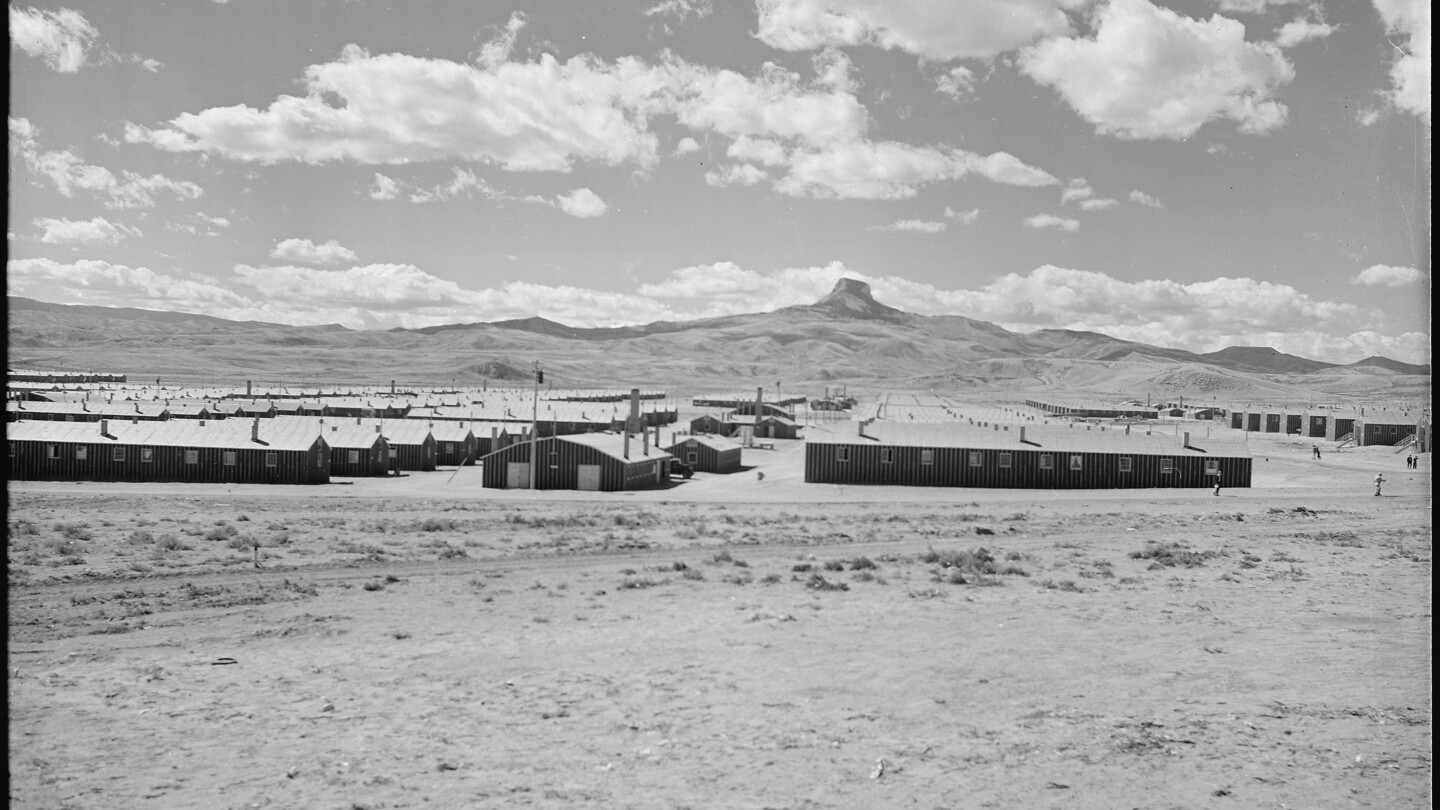Every Girl Plays: Dave Rodda and Recreation Equality
The other day, several hundred people who knew Dave Rodda gathered at the conference center next to Lakewood City Hall to remember him. The gathering united three parts of Dave's life: his family, the athletes he coached, and the youth of Lakewood, some now grown old, to whom he had given the 45 years of his city career.
Dave Rodda had attended Bellflower High School in the early 1950s and been something of a standout in basketball. He was tall, lanky, and not impulsive, but carefree in the way it was possible at 17 and in the 1950s. He drove over one afternoon to Lakewood's store-front city hall and signed on as a part-time sports official. By 1963, he was a full-time park employee. By 1987, he was director of the city's Department of Recreation and Community Services.
In the years between, Dave Rodda helped to reinvent what recreation means. There was the time before, when only boys were taught on the playing fields of Lakewood what might be learned there, and now, when girls also learn those lessons.
Lakewood, through Dave Rodda, had an early part in making play more equal for girls and boys.
It began, in part at least, with stay-at-home moms who took up volleyball and softball at Mayfair Park and San Martín Park in the 1950s. "Every park probably had at least two or three teams," Dave remembered. "Mom would come down and play ... and the park directors would coach them." Exercise or competition was only part of the attraction. After the games, there were coffee-and-doughnut get-togethers and potluck luncheons hosted by the home team.
Teams named the Del Valle Dish Dodgers and the Mighty Mothers brought their sons and daughters to the games on weekends and in the summertime. Boys were already playing in park league sports - football, basketball, and baseball - coached by parent volunteers.
The girls only watched.

Dave did something about that. "Probably the thing that sticks out the most in my mind is the equality of girls participating in athletics," he said many years later. "[Lakewood was] so far ahead of everyone else, because we sat down one day and said ... we have this great Lakewood youth sports program. Everybody calls it a model sports program, but we don't have the same thing for girls. We've got a little bit, but not much. And so we developed a complete program the same way for girls. Whatever the guys got, the girls got. Maybe some of the sports were a little different, but the awards were the same, everything was the same. The same amount of money was spent, the same amount of everything."
That wasn't yet true of middle schools and high schools. In 1965, long before California's public schools were required to expand participation in team sports to include girls, Dave helped form the Lakewood Spartans, a track and field club for girls. The first year, they sewed an "L" for Lakewood on their tee-shirts.
In an interview with the Long Beach Press-Telegram years later, Dave said, "[The club] started because I thought there was inequality in girls track."
Title IX, which mandated greater equality in sports for women, later helped Rodda's Lakewood International Track Club grow in the 1970s. Eventually, he coached two generations of young champions through U.S. Olympic trials and ultimately in the Olympic Games of 1980 and 1988.
Dave coached 12 Olympians, including Martha Watson (four-time Olympian), Joni Huntley (Olympic bronze medalist), and Deby Sweezy (twice an Olympic team member). More than a dozen U.S. national teams competing in international track meets included Dave Rodda as a coach. He was a "Master Coach," the highest recognition in coaching given by USA Track & Field, the national governing body for track and field sports.
Dave retired from the city of Lakewood in 2002, but continued coaching until his sudden death in early April, workout schedules for women athletes at Cal State Long Beach still on his computer.
Dave thought that girls should play. He resented the exclusion of girls from activities that tested their strengths of body, mind, and spirit. He wanted girls to win. He created and then led sports programs at Lakewood parks that gave girls that opportunity. Those sports programs are still offered at city parks. Those programs are still free.
In the 1990s, it became common for critics to see something unhealthy, almost perverse, in the recreational history of which Coach Rodda was so much a part. For these critics, the team sports played in Lakewood's parks took on a double meaning of conformity and recklessness, of spurious achievement and unearned entitlement. Whatever lessons that team play could hand from parent to child, from coach to team member, were suspect, contaminated by suburban manners.
My goddaughters played on teams at their schools and in sports clubs. They were, to the limits of that kind of play, pretty good at soccer and softball. I think they learned something from their play that, but for recreation leaders like Dave Rodda, they would not have learned. I think my goddaughters are better for having been given those lessons.
And they had fun.



